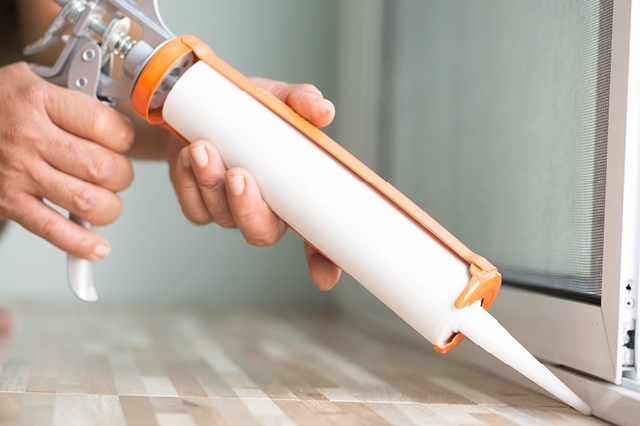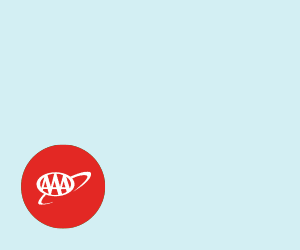Increasing a home’s energy efficiency benefits both the environment and a homeowner’s wallet.
That’s why the folks at Habitat for Humanity of Greater New Haven, in Connecticut, make the homes they build and rehabilitate as energy efficient as possible.
“It’s the right thing to do,” said Executive Director Bill Casey. “Both for the environment, and for keeping monthly utility bills down.”
Keeping energy costs down is particularly important, since the homes are sold to low-income families in need of housing. To this end, the organization uses all LED light fixtures, high efficiency gas boilers and Energy Star-certified appliances, typically donated by companies, at its build sites.
Insulation and caulking, which reduce heat loss, are also important to increasing the energy efficiency of a home, Casey said.
Once the home is complete, a certified Home Energy Rating System rater conducts an energy performance assessment. The score is determined by variables such as air leakage, windows and doors, ceilings and roofs, attics and crawlspaces, and the HVAC and water heating system. Having an energy audit done on your home is a good place to start if you want to see what can be improved. In the meantime, here are some quick tips for keeping your energy costs down.
Double up on insulation.
The attic is where the most heat loss occurs, Casey said. Heat escapes during cold months, causing homeowners to turn up the heat and cranking up the heating bill. Installing additional insulation may help keep heat loss at a minimum.
Check for drafts.
Caulking around windows and doors can also prevent heat loss. Check for areas that need caulking by walking around your home with a candle. Watch the flame – outside air will make it fl icker as you walk by, indicating a draft.
Use Energy Star-certified appliances.
Refrigerators, dishwashers, washers and dryers, heating and cooling equipment, water heaters and even electronics can be Energy Star-certified. Look for the blue Energy Star label – products that have it are independently certified to save energy, help protect the environment and help reduce energy bills.
Switch to LED lighting.
According to www.energystar.gov, LED light fixtures produce light approximately 90 percent more efficiently and last longer than incandescent light bulbs.
Look for rebates.
Some states offer rebates, incentives and tax credits for energy-efficiency improvement projects. Visit the U.S. Department of Energy’s website, www.energy.gov, to search for programs in your state.
Consult a professional before making any home improvements.
How do you keep your home energy efficient? Share in the comments!
Visit AAA.com/Insurance for a free quote.
















